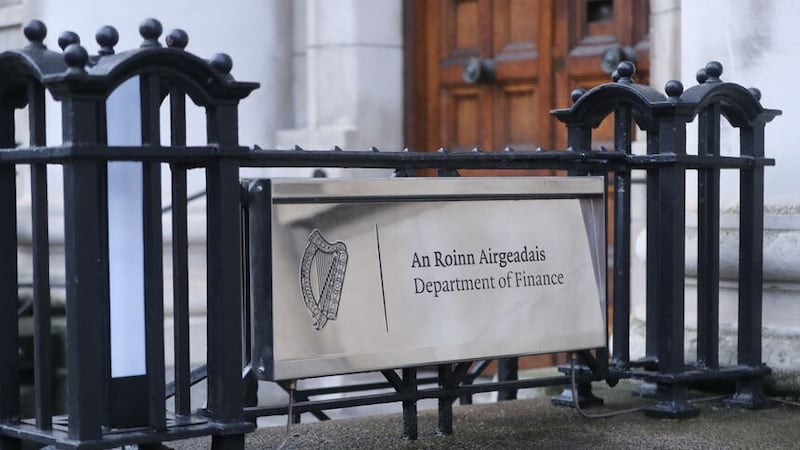Just three corporate groups are estimated to account for around a third of all corporation tax receipts in Ireland, according to new research.
Research from the Irish Fiscal Advisory Council showed that the share of corporation tax revenues from these three entities ranged between 30% and 38% between 2017 and 2021, which is the last year with full data available.
The estimates suggest that these three groups paid 5.2 billion euro in corporation tax in 2021, equating to 8% of total tax revenues that year which is up from 5% in 2017.
It is generally well known that Ireland’s corporation tax receipts are highly concentrated among a small number of large, foreign-owned multinationals.
In 1984, corporation tax receipts comprised 4% of tax revenues.
By 2022, they accounted for a quarter of receipts, having overtaken VAT receipts in terms of their importance.
Revenue Commissioner data for 2022 shows that 60% of receipts are paid by just 10 corporate groups.
The council estimates that the top 10 corporate groups paid 8.3 billion euro in corporation tax in 2021 which follows a general upward trend since 2017.
It said this increased reliance on and concentration of corporation tax receipts carries significant risks.
The ICT and pharma-chem sectors are estimated to account for more than 90% of the corporation tax paid by these top 10 groups in 2021.
The council estimates classify all subsidiaries of a group according to the principal activity of the group.
It warned that this level of concentration could mean that one-off firm- or sector-specific shocks are likely to be some of the most important drivers of fluctuations in Ireland’s corporation tax receipts.
It said the performance of the top three firms should be closely monitored when assessing the future sustainability of volatile corporation tax revenues.
Potential shocks include changes to senior management, so-called ”patent cliffs” where key products come off patent, supply chain disruptions, group restructurings, or failures to get drug approval from regulatory authorities.
While possible sector-specific shocks to the pharmaceutical industry include greater industry-wide government regulation and a shortage of skilled labour.
The council said there are similar risks to the ICT sector, including changes in corporate strategies, pivots to new product forms, or a sudden change in consumer preferences owing to new entrants.
It further warned that many of these firms have been highly profitable in recent years at the global level and these profits could come under pressure.
It said “idiosyncratic firm- and sector-specific shocks” can significantly impact the volume of Ireland’s corporation tax take.
In addition, the bulk of the profits of ICT and pharma-chem firms relate to their activities outside of Ireland, while most have their global headquarters in the US.
This means they are exposed to changes in the global tax environment.
Another risk arises out of the fact that many of the top groups prepare financial statements in US dollar terms as this is their functional currency.
Therefore, fluctuations in the US dollar-to-euro exchange rate could impact the Irish corporation tax revenue take.
The council said policymakers should not focus exclusively on economy-wide indicators and should also look at the specific activities and performance of the largest taxpayers.
“The future path for Irish corporation tax receipts will, to a large extent, be dictated by the revenues and profits generated by these groups in their international markets,” the research states.
“This growing concentration of receipts suggests a more granular approach is warranted to better understand who the leading corporation taxpayers in Ireland are and estimate how much they pay,” it added.
Council’s chairman Sebastian Barnes, said: “This new analysis shows how dependent Irish corporation tax receipts are on a handful of big multinational companies.
“It underlines that the Government should not use risky “excess” corporation tax payments to fund permanent spending increases or permanent tax cuts.
“Saving these receipts in a National Reserve Fund would help to prepare Ireland for future challenges.”


